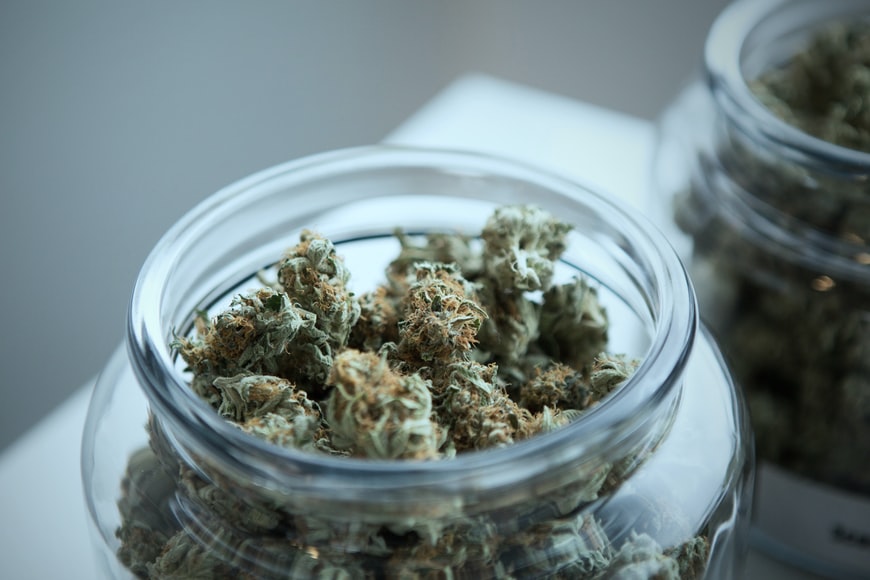Dutch Government Extends Cannabis Regulation Trial to Eight Additional Cities
LOS ANGELES- The Dutch government’s ongoing trial to regulate the adult-use cannabis industry has been expanded to include eight more cities, bringing the total number involved to ten. Initially launched in Breda and Tilburg in December 2023, the trial aims to replace the current system of tolerance, which overlooks the illegality of soft drug possession.
The policy, known as Gedoogbeleid, was established in 1976 following extensive advocacy for reduced sanctions on drug possession. This policy, which translates to “illegal but not illegal,” has led to the misconception that cannabis has long been legal in the Netherlands. However, while retail sales in coffeeshops were tolerated, the production and wholesale of cannabis remained illegal, resulting in a system known as “back door, front door.” Cannabis was smuggled into coffeeshops through the back door for retail, and once on the shelves, sales to customers were not policed.
The extension of the trial allows producers to legally grow and sell cannabis to coffeeshops without fear of prosecution. Consumers can now purchase regulated cannabis, assured of its quality and origin. Ashwin Matai, director of cultivation at Holland High Farm, a producer involved in the trial, stated in December, “the product will be clean, tested, pesticide-free.”
The trial’s extension to the cities of Groningen, Zaanstad, Almere, Arnhem, Nijmegen, Voorne aan Zee, Heerlen, and Maastricht is intended to curtail the influence of criminal gangs involved in the cannabis trade. A recent six-year criminal trial resulted in 17 individuals receiving sentences of up to life in prison for murders, attempted murders, and other gang-related activities tied to wholesale cannabis production.
Despite opposition from far-right politicians, who recently attempted to halt the trial, the motion was defeated in parliament. The trial is scheduled to continue for another three and a half years.



































